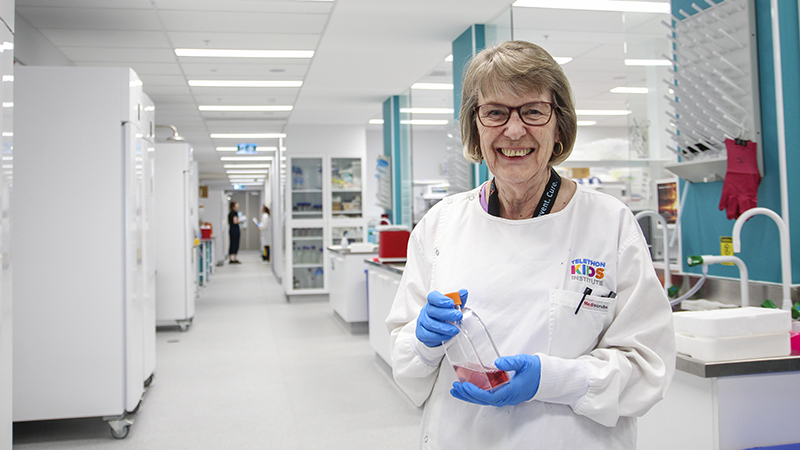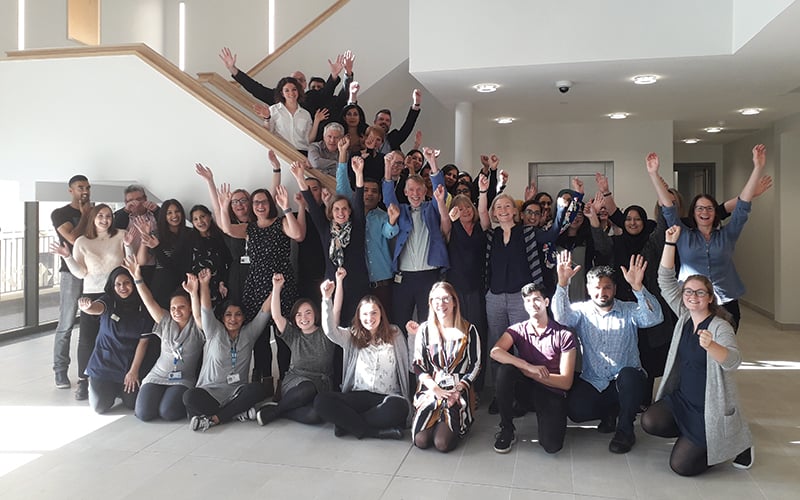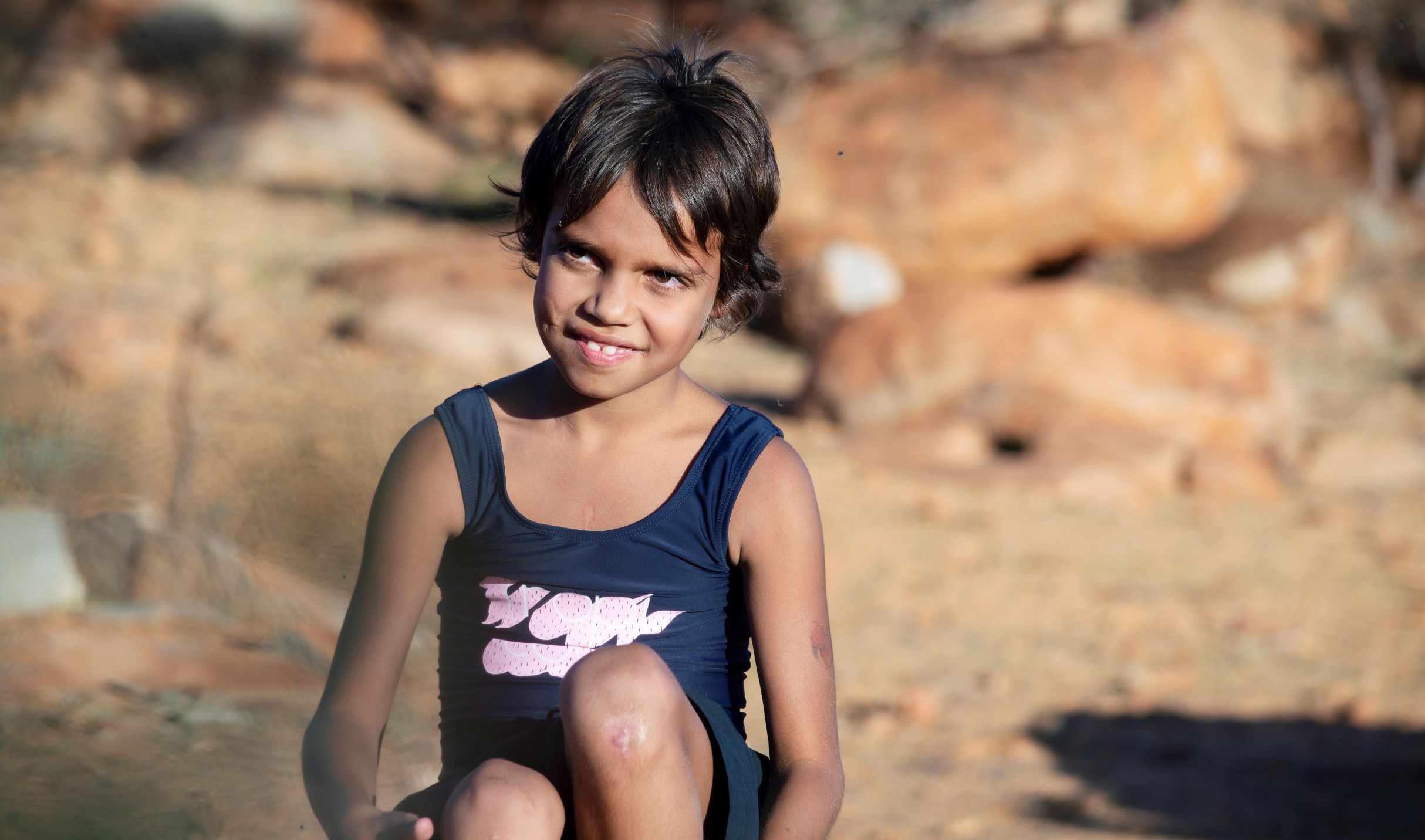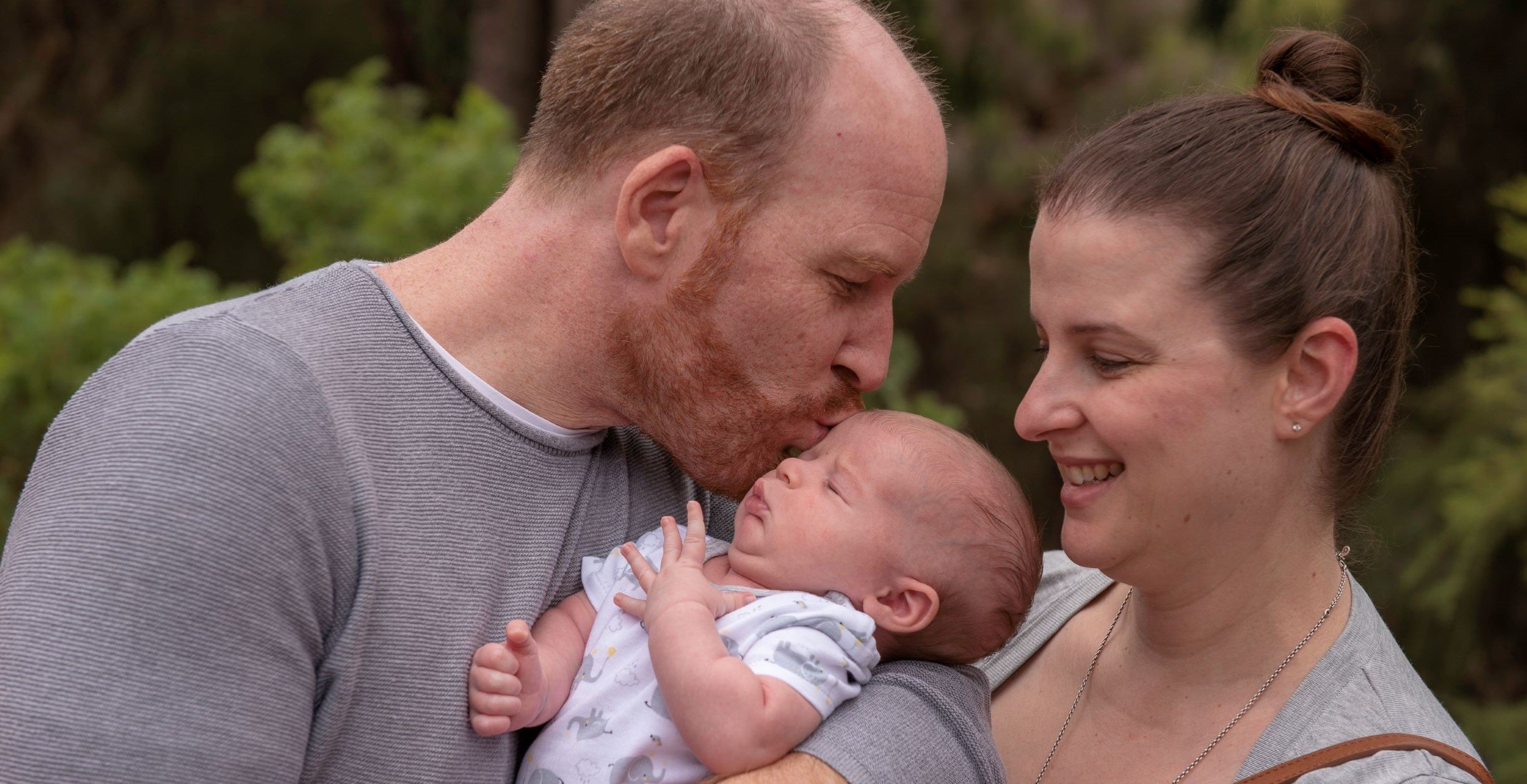Search
Research
Can lung disease be averted by focusing on early-life inequities?Shannon Simpson BMedSci (hons), PhD Head, Strong Beginnings Research, Co-head Foundations of Lung Disease 08 6319 1631 Shannon.simpson@thekids.org.au
Research
Interactions between bacteria in the human nasopharynx: a scoping reviewEmerging evidence indicates that interactions between bacteria shape the nasopharyngeal microbiome and influence respiratory health. This Review uses the systematic scoping methodology to summarise 88 studies including observational and experimental studies, identifying key interactions between bacteria that colonise the human nasopharynx.
Research
The Definition of Cerebral PalsyCerebral palsy (CP) should not be considered as a diagnosis but as a label; it is an umbrella term, primarily affecting posture and mobility. The definition is not sufficiently precise to guarantee agreement as to which patients to include under this label, but the additional inclusion criteria required are not yet internationally standardised.
Research
Epidemiology of the Cerebral PalsiesEpidemiology of cerebral palsy (CP) aims to describe the frequency of the condition in a population and to monitor its changes over time, and a guide to the management of patients. Classification of CP is an important step toward describing more homogenous subgroups of persons with CP.

The Institute farewelled one of its most treasured employees this year, as The Kids Cancer Centre research officer Jette Ford closed the door on a quietly stellar 37-year career which has helped to change the face of cancer research in WA and around the world.

Researchers leading WA’s landmark ORIGINS Project have spearheaded a global network that will see them join forces with similar interventional cohort studies across the world to maximise data collection and learnings for
Biostatistics & Data Services
Research
Assisted Reproductive TechnologiesAssisted reproductive technologies (ART) cover a range of methods used to help couples with fertility problems achieve pregnancy, including in-vitro fertilisation (IVF).

Five years of intensive collaboration between researchers, clinicians, Aboriginal Community Controlled Health Organisations, and government and non-government organisations have finally put the long-fought for goal of ending RHD within reach.

Despite major advances in science in recent years, many Australians still don't understand the magnitude and importance of early years development to a child's life journey.
